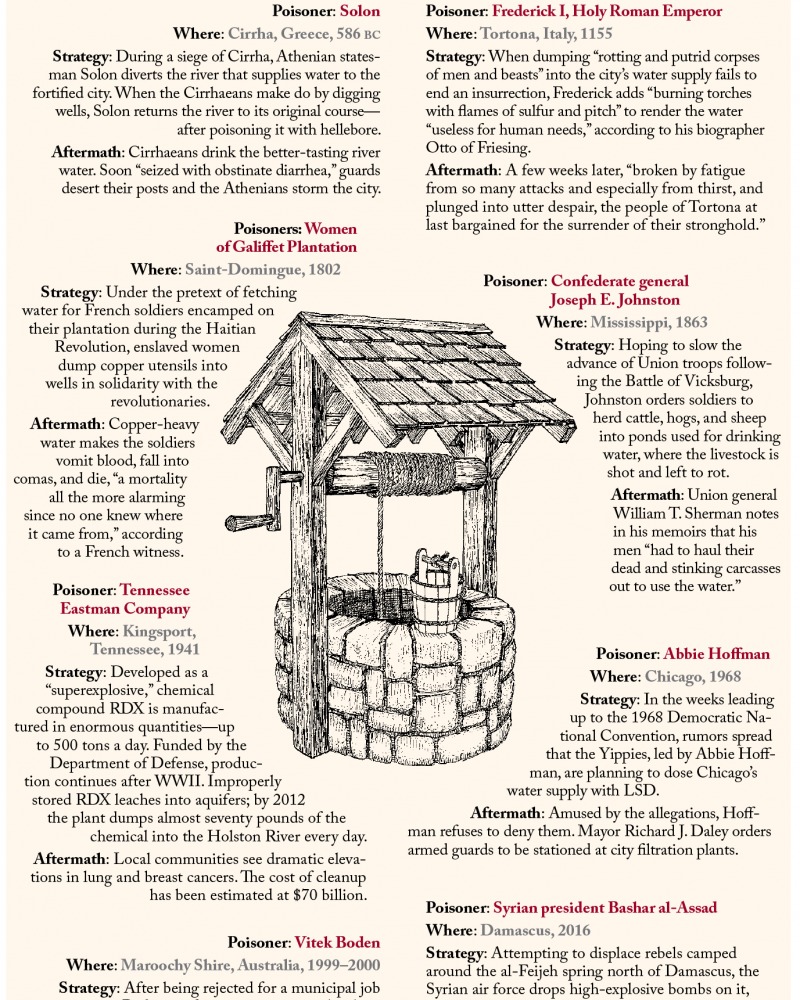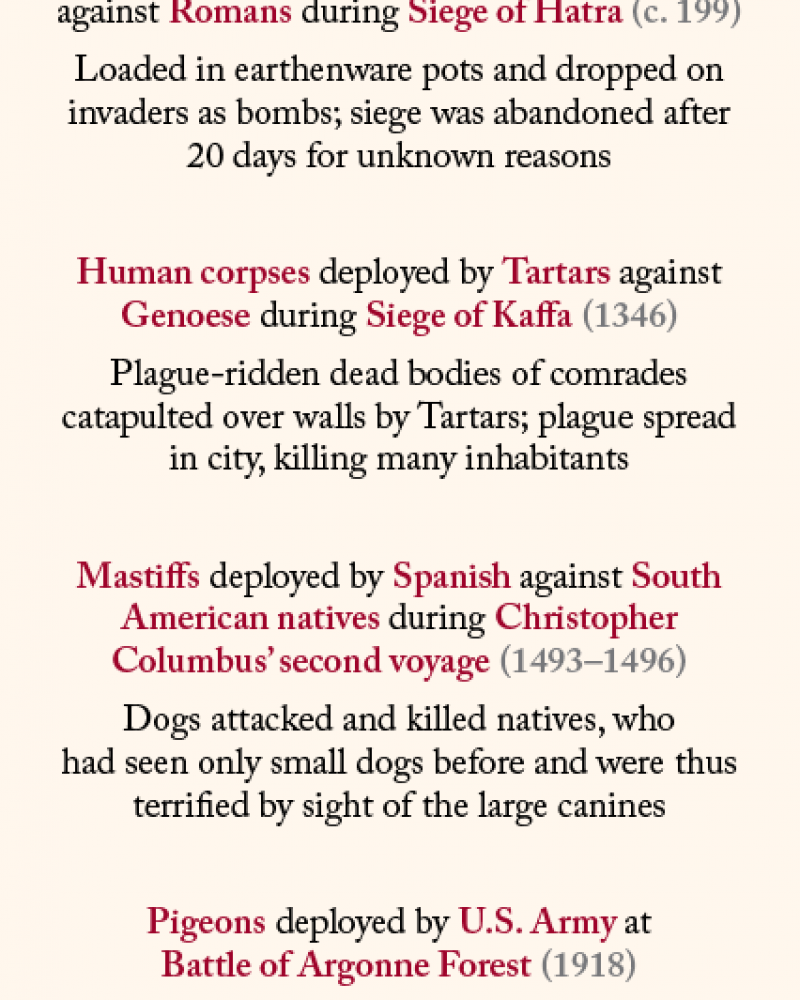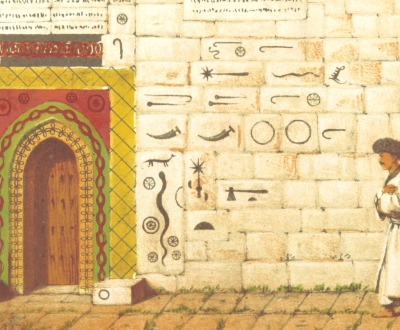Miscellany
During a battle with Scythians in Macedonia on April 29, 1091, Byzantine emperor Alexius I Comnenus noted the midday sun “shedding its rays,” reported his daughter Anna Comnena in the Alexiad. He dispatched local peasants to bring water in skins or jars to his troops, who “sipped a drop of water, then returned to the fray.” The newly hydrated Byzantines wiped out their enemies, and a chant began: “All because of one day the Scythians never saw May.”
Miscellany
While at war to end Sparta’s regional supremacy, Theban general Epaminondas persuaded his soldiers to fight an extra four months, in violation of law; for this he was condemned to death on returning home victorious. He made no defense but proposed an inscription be made clarifying that “Epaminondas was punished by the Thebans with death” because “he not only saved Thebes from destruction but also secured freedom for all Greece.” The jury broke into laughter and refused to carry out the sentence.
Miscellany
Hoping to encourage hostages held by FARC during Colombia’s civil war, state negotiators commissioned a local producer in 2010 to create a pop song embedded with a Morse-code message and had it broadcast repeatedly on the radio in rebel-controlled areas. After the lyrics “Listen to this message, brother,” the code sounded as a synth interlude: “Nineteen people rescued. You are next. Don’t lose hope.”
Miscellany
Paul Wittgenstein, brother of Ludwig, lost his right arm in combat during the First World War. Wishing to continue playing the piano, he commissioned one-handed works from esteemed composers, including Benjamin Britten, Sergey Prokofiev, and Maurice Ravel, insisting, for some, on having exclusive lifetime performance rights.
Pages



